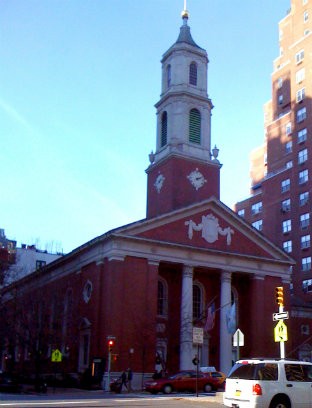A pastor’s place: All ministry is local
If you’re a pastor and cannot come to love the congregation you serve, cannot love the culture and community in which that congregation is set, you must leave. Ministers cannot effectively serve people they don’t love. And if a pastor is at odds with the culture of the larger community, members of the congregation will soon recognize it and view their minister as he views himself—as an outsider.
I once attended a church conference on the high plains of north-central Kansas. The landscape was stark—rolling prairie, waving grasslands, flint hills, and few trees, often no trees. I commented on the strange loveliness of it to an older woman over coffee one morning. She said, “Not everyone thinks it beautiful. I was on the pastor nominating committee for our church a while back. We had a candidate we liked from New Jersey. I drove to the airport to pick him up. As we headed west into the high plains and the trees got fewer and the towns farther apart, he got the ‘deer-in-the-headlights’ look. He was talking less and less. We got to the church for the interview and right in the middle of it, out of nowhere, he stood up and said, ‘God would never call me to a place with so few trees. I want to go home now.’” Better now than later.
Conversely, when members of a congregation recognize—as they invariably will—that their pastor loves them and loves their particular place, they will almost always come to welcome his or her leadership or “authority.” William Sloane Coffin, after his rambunctious Yale days and during his provocative New York City days, said that he had always been amazed at how much he could “get away with” (he meant controversial sermons and programs) as long as his people knew he loved them and respected their opinions.






